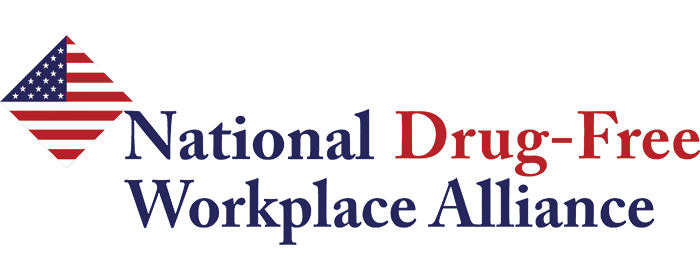Testing for marijuana impairment is like navigating a maze – it's tricky, and the rules aren't as straightforward as they are for alcohol. Unlike a clear blood alcohol concentration limit for alcohol (like the 0.08% legal limit for driving), figuring out if someone is impaired by marijuana isn't as simple. Tests for THC, the active component in marijuana, can show positive results long after any "high" has worn off. It's a bit like finding footprints but not knowing exactly when the person walked by.
Adding to the confusion, the type of test matters. Whether it's a urine, blood, or hair test, the results can be influenced by how often someone uses marijuana and even how much body fat they have. For instance, someone with more body fat may show THC in their system for a longer time. Experts agree that linking THC presence to impairment is a tough task.
Recent changes to state laws add another layer of complexity. Some states do not allow employers to engage in pre-employment marijuana unless it is mandated by state or federal law. However, pre-employment testing for other illegal drugs is still allowed. Laws still protect employers who want to keep their workplaces marijuana-free and laws allow testing if there's a "reasonable suspicion" of impairment.
In conclusion, as we unravel the complexities of testing for marijuana impairment, it becomes increasingly vital for employers to engage in ongoing discussions with their legal teams regarding existing policies on alcohol and drug use. It also underscores the importance of training to recognize the signs of impairment. This ever-changing landscape of laws and statutes underscores the need for vigilance and adaptability. Above all, every individual deserves a safe work environment.
For more information, check out our video on identifying workplace impairment and next steps for employers!
Resources:
Callaghan, P. (2023, August 14). Even with marijuana legalization, many workers are still subject to employment THC testing. MinnPost. https://www.minnpost.com/state-government/2023/08/even-with-marijuana-legalization-many-workers-are-still-subject-to-employment-thc-testing/









